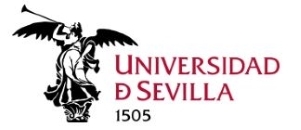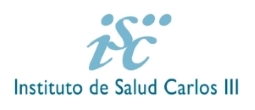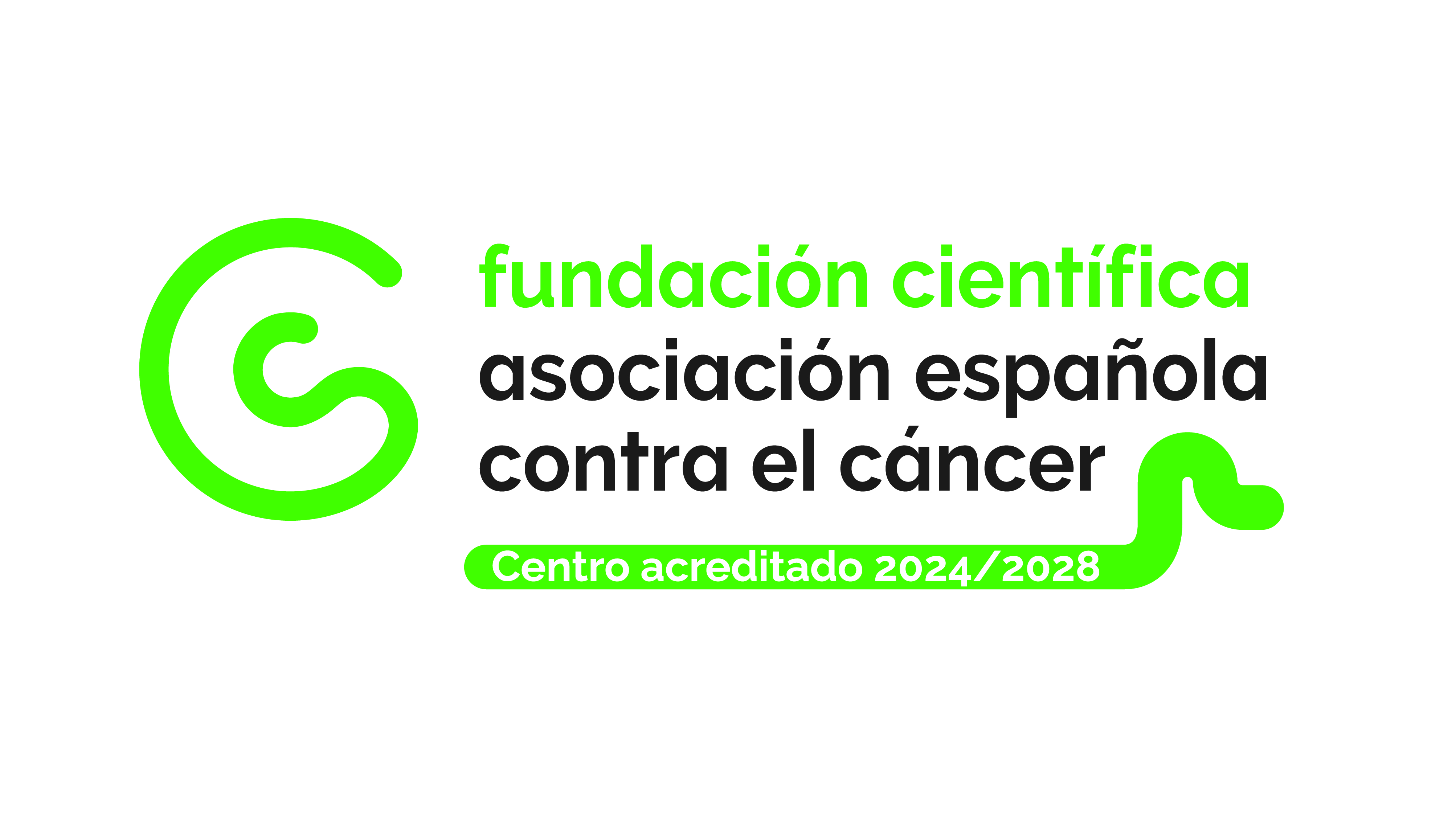Cód. SSPA: IBiS-B-16
The research lines of our group include the study of two neuropaediatric diseases that cause death and disability in newborns, and are often associated with persistent motor, sensory and cognitive impairment: neural tube defects and perinatal stroke. The common factor in these diseases is the existence of structural damage to the developing central nervous system; their severity and consequences will therefore be related to the stage of neurodevelopment of the embryo/child at which they occur.
- 1. Neurulation and neural tube defects
Neural tube closure, neurulation, is a complex process of early embryonic development. In humans, "neural tube defects" (NTDs) are the second most common cause of congenital anomalies, affecting one in every thousand pregnancies.
A major breakthrough in the understanding of the molecular basis of the neurulation process has been the discovery showing the role of the planar cell polarity non-canonical Wnt signalling pathway (Wnt-PCP pathway). Homozygous mutations in genes of this pathway in mouse embryos, such as the Vangl2 gene, give rise to the most severe NTD, craniorachischisis, a defect caused by failure to initiate neural tube closure. To further investigate the aetiology of this phenotype, we are carrying out a study of the molecular and cellular alterations of the Node cells, the precursor of the midline, a crucial structure for the initiation of neural tube closure and altered in the craniorachischisis phenotype.
In heterozygosity, Vangl2 mutants show a low incidence of spina bifida, demonstrating the involvement of the Wnt-PCP pathway in the closure of the caudal-most zone. Our studies have shown that the neuroepithelium of the posterior neuropore of Vangl2+/Lp embryos show cytoskeletal alterations that affect cell morphology and polarity (López-Escobar et al 2018). We are currently focusing on the impact that these morphological alterations have at later stages in embryos that do not develop open spina bifida, and how they affect the development of the neural tube once it has closed.
In parallel, our group has a close collaboration with doctors from the Virgen del Rocio hospital, specifically with paediatric neurosurgery, with whom we are analysing the VANGL2 gene in patients with neural tube defects, both in coding sequence and in regulatory regions.
Contact: Patricia Ybot González (email: pybot-ibis@us.es)
- 2. Neonatal hypoxic ischemic encephalopathy: diagnosis
Hypoxic-ischemic encephalopathy (HIE) is a neonatal cerebrovascular injury caused by insufficient blood flow and oxygen delivery to the brain. This pathology affects 1-8/1000 live births and remains a major cause of death and disability in the neonatal population, with the majority of deaths occurring in low- and middle-income countries. Common neurological deficits associated with neonatal HIE include cerebral palsy, seizures, visual and hearing impairments, learning and behavioral problems, and motor deficits. The pattern and extent of brain lesions may be heterogeneous, depending on the severity and duration of the hypoxic insult, gestational age, and degree of brain maturation.
Early diagnosis and assessment of the severity of these diseases are crucial to establish adequate neuroprotective treatment. Currently, physical examination, neuroimaging, and clinical judgment are the main tools for diagnosis, although these tests have certain limitations. There is growing interest in the potential value of non-invasive biomarkers that can be used to monitor perinatal patients at risk of brain damage, allowing for accurate and reproducible measurements.
Motivated by the search for better outcomes for patients with brain damage, our group is dedicated to identifying altered molecules that can serve as biomarkers. This innovative strategy opens the door to new therapeutic approaches, with the potential to reduce morbidity and significantly improve survival and quality of life for these patients and their families.
Contact: Patricia Ybot González (email: pybot-ibis@us.es)
- 3. Risk factors and prevention of neuropaediatric diseases
At present, there is no cure for many neuropediatric diseases, which are associated with high morbidity. Their aetiology is multifactorial and results from the interaction between genetic and environmental factors that condition embryonic and neonatal development. Among environmental factors, maternal conditions such as maternal diabetes, as well as intrauterine exposure to drugs used in the treatment of chronic maternal diseases, stand out for their potential to disrupt key neurodevelopmental processes.
Adequate nutrient supply through the maternal diet is essential for proper embryonic and neonatal development. Maternal supplementation, such as folic acid, has proven to be an effective strategy for the prevention of neural tube defects, particularly in contexts of genetic susceptibility. Beyond dietary intake, the maternal gut microbiota is emerging as a relevant environmental modulator by influencing the availability and absorption of essential nutrients, including folate, which may impact the risk of neurodevelopmental disorders.
Contact: Patricia Ybot González (email: pybot-ibis@us.es)
- 4. Epigenomics of development and disease
During animal embryonic development, gene expression has to be tightly regulated in space and time to generate the variety of cell types that compose animal tissues. The goal of this research line is to clarify the relationship between the 3D structure of the genome and gene regulation during embryonic development and how its alterations lead to human disease. We are interested in unraveling the role that lineage-specific transcription factors and RNA play in this connection, as well as their relationship with the dynamics of enhancer-promoter interactions. Using zebrafish as a model system, we combine cutting-edge chromosome conformation capture, transcriptomics, and epigenomics techniques (ChIP-seq, ATAC-seq, RNA-seq, HiC, HiChIP, UMI-4C) with single-cell technologies and functional studies using CRISPR-Cas systems, to understand these processes in an in vivo context and their implications for human disease.
Contact: José María Santos Pereira (email: jsantos2@us.es)
Dolores Busso - Link
Group Projects:
1.- Project title: Marco de oportunidades para reforzar los avances en investigación traslacional en el IBIS (FORTAIBiS).
Funding entity: Instituto de Salud Carlos III. (FORT23/00008).
Granted budget: Total 2.499.995,52 €. 40.000 €/group
Start year and Duration: 2024, 4 years long
2.- Project title: Búsqueda de poblaciones celulares sanguíneas desreguladas tras un ictus pediátrico a través del análisis transcripcional de célula única, Single-Cell RNA-seq
Funding entity: Fundación Progreso y Salud. Consejería de Salud y familias. Junta de Andalucía. (Cod. FPS-0053-2022).
Granted budget: 119.887,50 €
Start year and Duration: 2022 (3 years long) From 23.3.2022 to 22.3.2025
Principal investigators: Patricia Ybot Gonzalez and Mónica Rivero Garvia
Number of participating investigators: 15
3.- Project title: Estudio del papel de la vía no canónica de Wnt en el desarrollo temprano del sistema nervioso central
Funding entity: Consejo Superior de Investigaciones Cientificas. Ministerio de Ciencia e Innovacion. Ayudas de incorporacion a Cientificos Titulares (Cod: 202220/095; 050561)
Granted budget: : 5.000.00 €
Start year and Duration: 2022 (2 years long)
Principal investigator: Patricia Ybot González
4.- Project title: Papel de la nutrición y la microbiota materna en el desarrollo embrionario y evaluación de como su modulación puede prevenir enfermedades asociadas al neurodesarrollo
Funding entity: Ayudas Proyectos I+D+i destinadas a universidades y entidades públicas de investigación. Agencia Andaluza del Conocimiento. Consejeria de Transformación económica, industria, conocimiento y universidades. Junta de Andalucía (Cod: P20_01267)
Granted budget: 125.800,00 euros
Start year and Duration: 2021. 5 October 2021-31-March 2023
Principal investigator: Dr Patricia Ybot González
Number of participating investigators: 8
5.- Project title: Supplementation of the maternal diet to prevent neuropediatric diseases and assessment of its impact on the microbiota
Funding entity: Proyecto de Investigación en Salud. Instituto de Salud Carlos III (Cod: PI20/00769)
Granted budget:147.620,00 euros
Start year and Duration: 2021. 3 years long.
Principal investigator: Dr Patricia Ybot González
Number of participating investigators: 8
6.- Project title: Estudio del papel de la vía no canónica de Wnt en la incidencia de lipomielomeningocele en humanos
Funding entity: Proyecto de Investigación en Salud. Instituto de Salud Carlos III (Cod: PI17/00693)
Granted budget: 99.220,00 euros
Start year and Duration: 3 years long. From 2018 to the present. Extended until 06-2022
Principal investigator: Dr Patricia Ybot González
Number of participating investigators: 6
7.- Project title: Etiología de los defectos del tubo neural: posible implicación de la vía de señalización no canónica de Wnt en el desarrollo de Lipomielomeningocele en humanos
Funding entity: Proyecto de Investigación en Salud. Instituto de Salud Carlos III (Cod: PI14/01075)
Granted budget: 110.715,00 euros
Start year and Duration: 2015-2019
Principal investigator: Dr Patricia Ybot González
Number of participating investigators: 4















